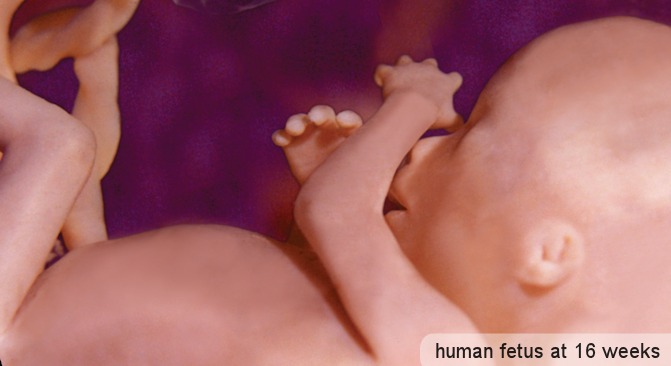A Louisiana state lawmaker who recently learned that the abortion pill can be reversed wants the state to conduct more research into the new procedure.
State Rep. Frank Hoffmann, R-West Monroe, proposed a resolution urging the Louisiana Department of Health and Hospitals to study the new life-saving technology, according to The Town Talk. The state House passed the resolution Monday in a unanimous vote, the report states.
Hoffmann is considering whether to introduce a bill that would require abortion clinics to inform women of the possibility that her abortion can be reversed, according to the report. He said the legislation likely would withstand court challenges if it is scientifically sound, and state research could help determine that. Arizona recently passed a similar bill, but Planned Parenthood sued to block it, claiming it was “junk science.”
The new procedure has successfully reversed the effects of the abortion pill, typically RU-486, and saved hundreds unborn babies’ lives. Dr. Matthew Harrison performed the first-ever abortion pill reversal in 2007. Harrison said the baby who was saved is now a healthy and happy 9-year-old girl. Since 2007, Harrison and a team of doctors set up a hotline and trained a network of more than 300 doctors across the world. The group reported more than 213 babies have been saved since 2007.
Follow LifeNews.com on Instagram for pro-life pictures and the latest pro-life news.
Here is more from the report:
Hoffmann said the idea came to him after he attended the Right to Life Conference in New Orleans where he heard about the treatment from George Delgado, medical director of Abortion Pill Reversal. The website of the San Diego-headquartered organization reports a 55 percent success rate at reversing an abortion.
Hoffmann said he considered bringing a bill to require doctors to tell a woman seeking an abortion, similar to a law Arizona passed last year. He said he wanted to make sure the process is scientifically sound before moving forward.
“We wanted to make sure it works,” Hoffmann said. He said there will always be differences of opinion over whether the process is effective or not, which is why he asked for a study first.
As currently administered, a chemical abortion involves taking the drug mifepristone (RU-486), which makes the uterus inhospitable to new life and starves the baby by blocking the hormone progesterone. One or two days later, a second drug is taken to induce contractions and expel her child. The reversal process, which is becoming more widely known, can reverse the impact of the first drug and allow the baby to continue normal development by giving women doses of progesterone to counteract the abortion pill.
Time is of the essence, though, in starting the reversal process. The sooner the reversal treatment begins the more likely it is that the baby’s life can be saved, according to the Abortion Pill Reversal website.
Though the technology is new, early results show it appears to be safe for mother and child. The American Association of Pro-Life Obstetricians and Gynecologists, which supports the new procedure, reported in a practice bulletin that the abortion pill reversal treatment has not led to birth defects.
In April, South Dakota became the third state to require abortion facilities to tell women about the possibility that chemical abortions can be reversed, following Arkansas and Arizona.








